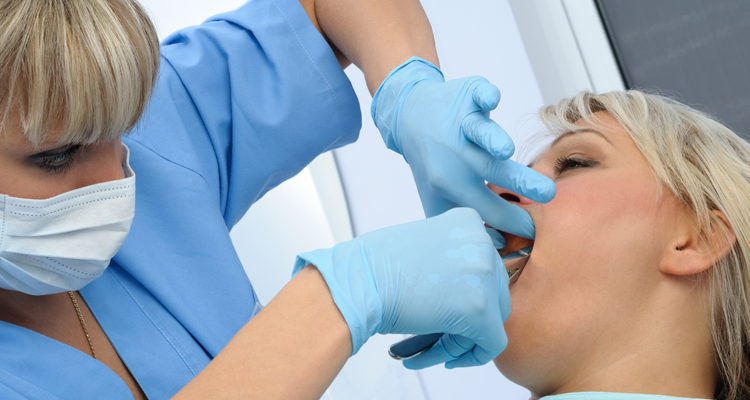What is Preventative Dental Care?
Preventing a problem before it occurs is usually the best course of action and this is especially true when it comes to dental care. Issues that arise from poor oral health can be troublesome and costly but in their early stages, they are often symptom-free. This means that by the time your body registers pain in the tooth or gums, the damage may have already been done. This leads to a more invasive level of treatment and greater cost. Fortunately, this can be avoided by simply implementing an effective preventative care routine at home.
Oral health issues extend beyond the teeth, to the gums, the mouth tissue and the supporting jaw structure. To keep these areas healthy, consider the following guidelines for your home care routine.
Top Tips for Preventative Care
- Routine – Consciously register the importance of caring for your teeth, and commit to making it a life-long habit!
- Toothbrush- Invest in a good quality toothbrush and make sure you renew it every 3 months or so, as the bristles will become frayed over time.
A soft brush is recommended for sensitive gums, with a longer, more gentle brushing routine being more effective than a quick vigorous one. An electric toothbrush can be useful for a thorough brush, especially where mobility in the arm is limited, or in the case of young children who are resisting a decent tooth brushing session.
- Toothpaste – Fluoridated toothpaste will help protect your teeth from decay. Most toothpaste contains fluoride, including those for children. Check the label to be sure. If you use a rainwater tank instead of town water it is especially important to use toothpaste with fluoride.
Be mindful of teeth whitening toothpaste as it can erode the enamel on your teeth and make them more sensitive. For sensitive teeth use toothpaste such as Sensodyne.
- Floss – Flossing is easy to do and really worth the effort. The floss will reach between the teeth where the brush can’t, removing particles of food and keeping the space between the teeth clean.
- Oral Rinses – Used in moderation, these can help keep bacteria in balance. Watch out for mouthwashes that upset the natural flora in your mouth when used in excess and be mindful not to mask underlying problems with mints or mouthwash.If your breath is unpleasant it may signal the beginnings of gum disease, an infection, or digestive or immune issues which will affect your overall health.
- Diet – A healthy diet is vital to achieving good oral health. This means fresh fruit and vegetables, whole grains, lean meat or alternative sources of protein such as legumes, and lean dairy. Chewing food properly and minimising sugar intake will also improve overall health.
- Hydration – Drink lots of water. A dry mouth can lead to oral health problems. Hydration will help keep the mouth clean and functional.
- General Oral Health – Keep an eye on mouth ulcers, oral herpes, cold sores, and oral thrush. When left untreated, they can affect gums and teeth. For women, developing an awareness of times when gums are more sensitive is useful. Hormonal fluctuations commonly occur during puberty, menstruation, pregnancy and menopause.
- Getting Support
Regular professional cleaning and check-ups are integral to a quality preventative care routine. If you have braces or dentures, it is important to understand the cleaning protocols for these. Greenslopes Dental is your family dentist service in Woolloongabba. We offer a professional cleaning service and recommend you come and see us twice a year.
When it comes to your teeth, prevention really is the best course of action. Once you have implemented your home care routine you can enjoy good health with greater confidence, knowing you are staying one step ahead of things.
To make an appointment call Greenslopes Dental today on (07) 07 3054 6743 or visit our website.

